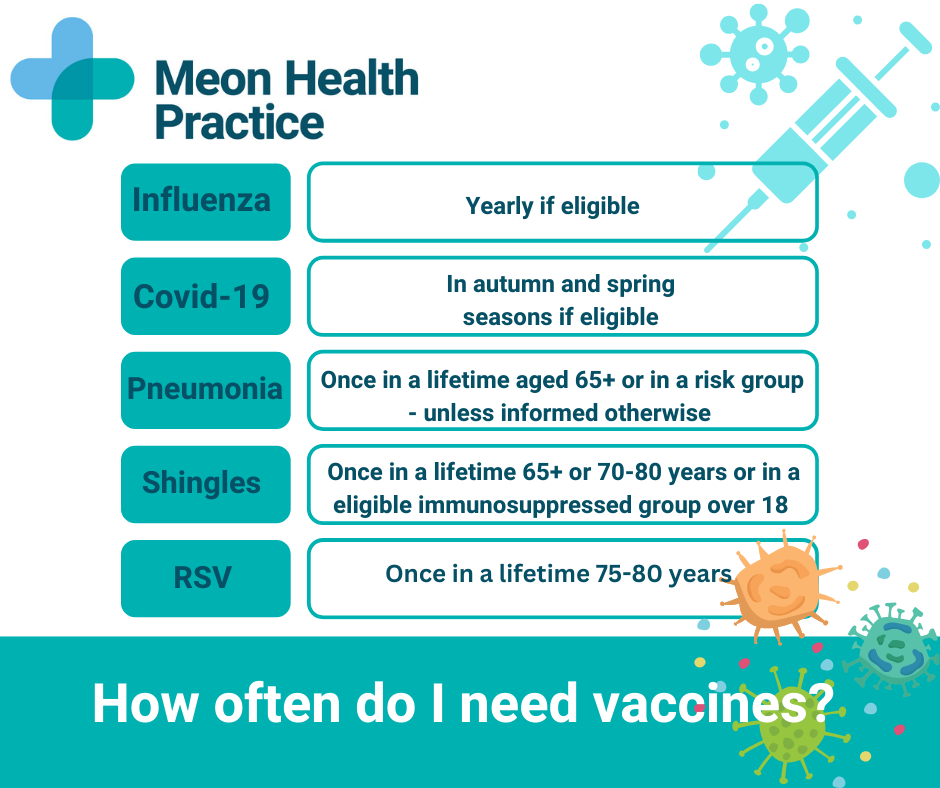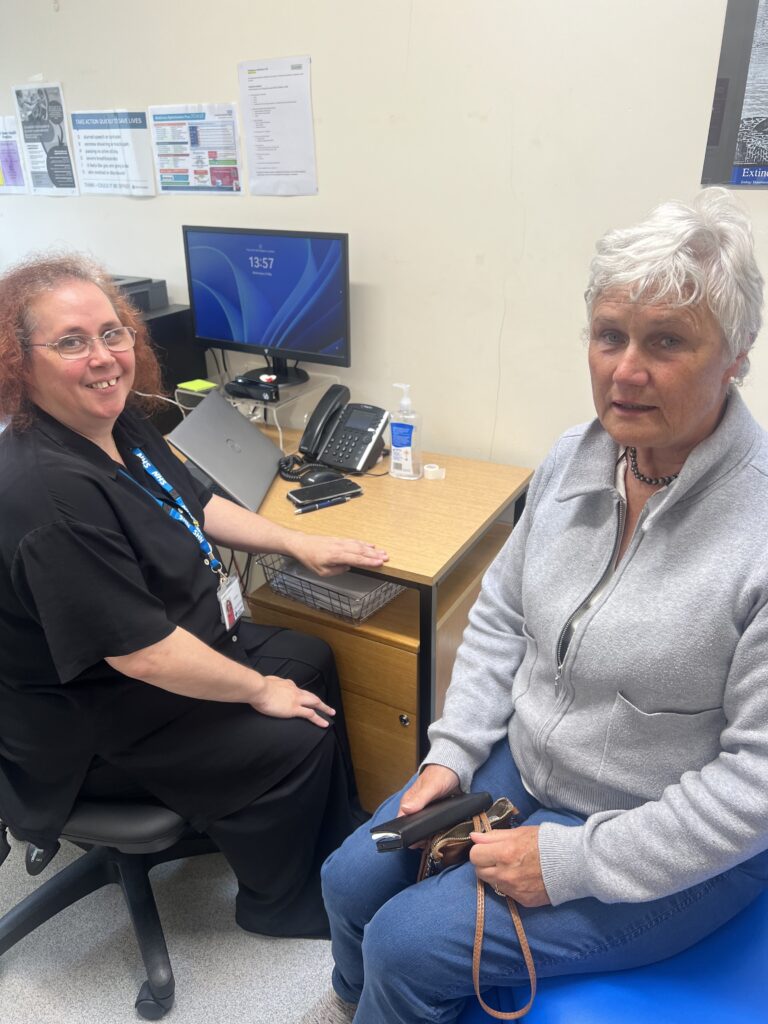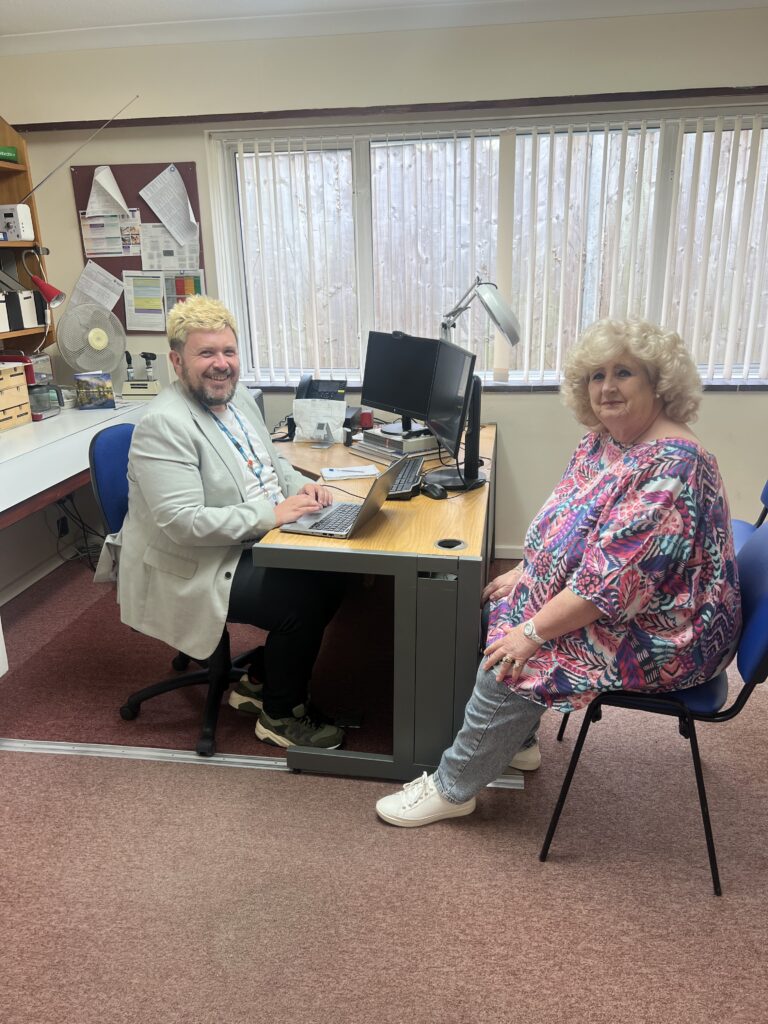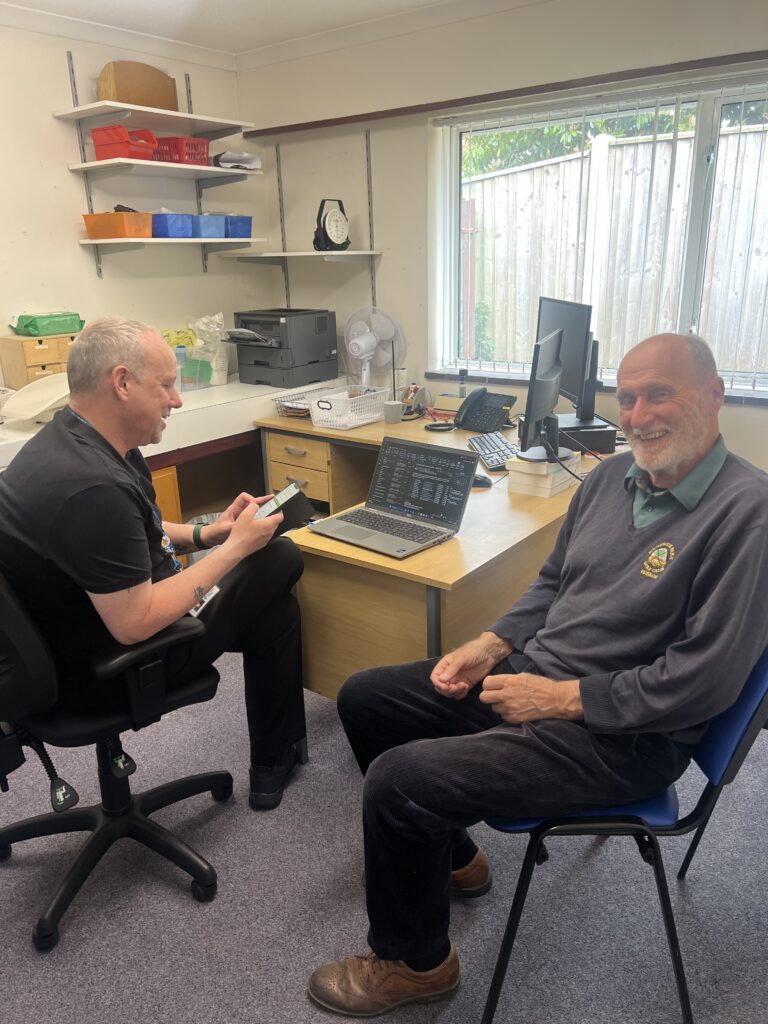On our FAQs page we’ve gathered answers to some of the questions patients ask us most often.
From booking appointments, requesting prescriptions, getting test results, and using our online services — you’ll find quick, clear information here to help you get the care you need as easily as possible.
What is Anima and how can I use it to request an appointment?
Anima is the best way to contact the Practice for medical and admin requests and you can submit your requests during surgery opening hours (Mon-Fri, 8am-6.30pm).
It’s easy to register/sign-up for an Anima account using an email address and mobile phone number.
You must have your own email address or NHS online account to create your Anima account, be registered as a patient with Meon Health Practice, and be aged 13 years or older.
Patients who cannot use the internet to contact us can continue to do so by phone or in person.
To create your Anima account, click here: Anima
For more information about Anima, click here: About Anima
For more information about Appointments, click here: Appointments
What is the Patient Participation Group (PPG) and how do I join?
All GP practices in England are required to form a Patient Participation Group (PPG) so patients can share their views and experience about the services they receive.
All Meon Health Practice registered patients (aged 18 and over) are eligible to join.
Meon Health Practice will regularly review the membership of its PPG to ensure that the group is representative of its registered patients in relation to gender, age, ethnicity, and local surgery.
For more information, click here: Our Patient Participation Group
Covid and Flu Vaccination Programme 2025/26
When autumn comes, protection from any earlier Covid vaccination you may have had will be starting to wane. For those who are more likely to become seriously ill from Covid, the NHS offers a free vaccine to those eligible in the autumn, previously known as the ‘Autumn Booster’.
Just like the flu, the Covid vaccine is designed to protect those who are vulnerable from strains of the virus that are currently circulating.
In previous years, Covid and flu vaccination eligibility was aligned. However, this autumn, the Joint Committee on Vaccination and Immunisation (JCVI) has updated its advice for the Autumn 2025 vaccination programme. To read this update, click here: JCVI statement 2025 and spring 2026
This advice has been accepted by the Government and the NHS.
The focus of the programme is shifting towards targeted vaccination of those at highest risk of serious disease and who are the most vulnerable in society.

How do I order a repeat prescription?
It is best to order your repeat medication online as this is the fastest and safest method.
You can order prescriptions via:
- NHS App: NHS App
- NHS website: NHS login
- Patient Access: Patient Access
We are unable to take prescription requests over the phone.
Order when you have approximately two weeks’ worth of your medication left and allow four working days.
You can tell us which pharmacy you would like us to send your prescription electronically to by using your NHS App or Patient Access. account. In the NHS App, select ‘view and manage prescriptions’.
For more information, click here: Prescriptions
How do I get my test results?
You can access your test results in your NHS App or via the NHS website without needing to contact us.
Test results generally take from 48 hours up to two weeks for the laboratory to return them to us.
If your test has been requested by another healthcare provider, we are not able to share your results with you. You will need to contact the provider yourself to request these.
For more information, click here: Test results
How do I access/use online services such as Anima or the NHS App?
Whether you need assistance setting up an Anima or NHS App account, booking an appointment, ordering a prescription, or access your medical record, our friendly IT team will be able to help you.
We have recently trialled 3 Digital Drop-In sessions at Highlands, Whiteley and Jubilee practices and will be holding more sessions throughout 2025.



Digital Drop-In Session
If you would like to attend a session to help you confidently access healthcare services online please click on the link below to register and we will let you know the date and location of the next one.
We only have a limited number of places, so when the session is full we will place you on a waiting list.
Please note: you will need to bring your smartphone, tablet, or laptop (whichever you use the most) with you, and ID, such as a Passport or Driving Licence.
We look forward to seeing you soon!
The Meon Health Practice IT team
Register here: https://forms.office.com/e/XCp7tvHrnb
For more information, click here: Online Services
How and when do I make an appointment for a chronic condition such as Asthma and Diabetes?
Patients who have a diagnosed chronic condition are invited for their annual review through a nationally monitored recall process which complies with National Institute for Health Care Excellence (NICE) recommendations.
Patients are usually invited for their review around the month of their birthday, and this may involve a questionnaire about their condition, an appointment with a member of our nursing team and a follow-up appointment with a specialist nurse or clinical pharmacist if necessary.
For more information, click here: Long term condition reviews
How do I provide a urine sample?
To ensure accurate test results and maintain the integrity of the sample, it’s essential that you provide your urine sample directly into the pot we give you. Using the incorrect pot or transferring samples introduces the risk of contamination, which can compromise the results and lead to delays.
In summary…
- If you are asked to provide a urine sample, you must use the correct pot supplied by us
- Do not transfer from any other container. Decanting samples in the patient toilets is unnecessary and may lead to contamination
Can I be prescribed a sedative before I have a radiological procedure such as CT or MRI scans?
Patient enquiries
Patients often ask us if sedatives can be prescribed before radiological procedures such as CT or MRI scans, but it is not safe for GP practices to prescribe sedatives for these purposes.
Safe and effective sedation
Sedation and analgesia should only be provided by a trained and credentialed team that has access to anaesthetics, pre-procedure assessment, a sedation plan and checklist, appropriate monitoring, and resuscitation equipment, along with reversal agents.
We are not able to prescribe sedatives for these types of procedures and we will decline all requests for sedative prescriptions, even if a hospital suggests doing so.
What are Shared Care Agreements?
Shared Care Agreements – NHS
An NHS Shared Care Agreement is a formal arrangement between you, our practice and an NHS specialist clinic. Under this agreement, our practice will prescribe specialist medication and undertake appropriate monitoring, while the specialist clinic will continue to review your care at regular intervals.
This arrangement ensures that responsibilities for prescribing are clearly defined and governed by local policies, maintaining patient safety and high standards of care.
Shared Care Agreements – Private
In recent years, more patients have sought private treatment and asked GPs to prescribe specialist medications recommended by private specialists, this differs significantly from NHS Agreements.
In line with other GP practices, we do not participate in Shared Care Agreements with private providers or issue new prescriptions for specialist medications initiated by private providers, and patients must obtain these prescriptions directly from their private specialist.
Shared Care Agreements with private specialists are only possible when this service is being provided for the patient on behalf of the NHS.
If we are already prescribing a specialist medication under a Shared Care Agreement with a private provider, we will continue to do this providing your Shared Care Agreement remains valid, i.e. you are having your regular review with the private provider and you are having the required monitoring.
